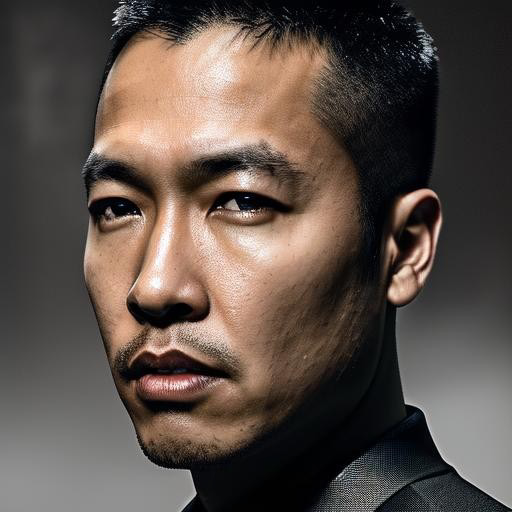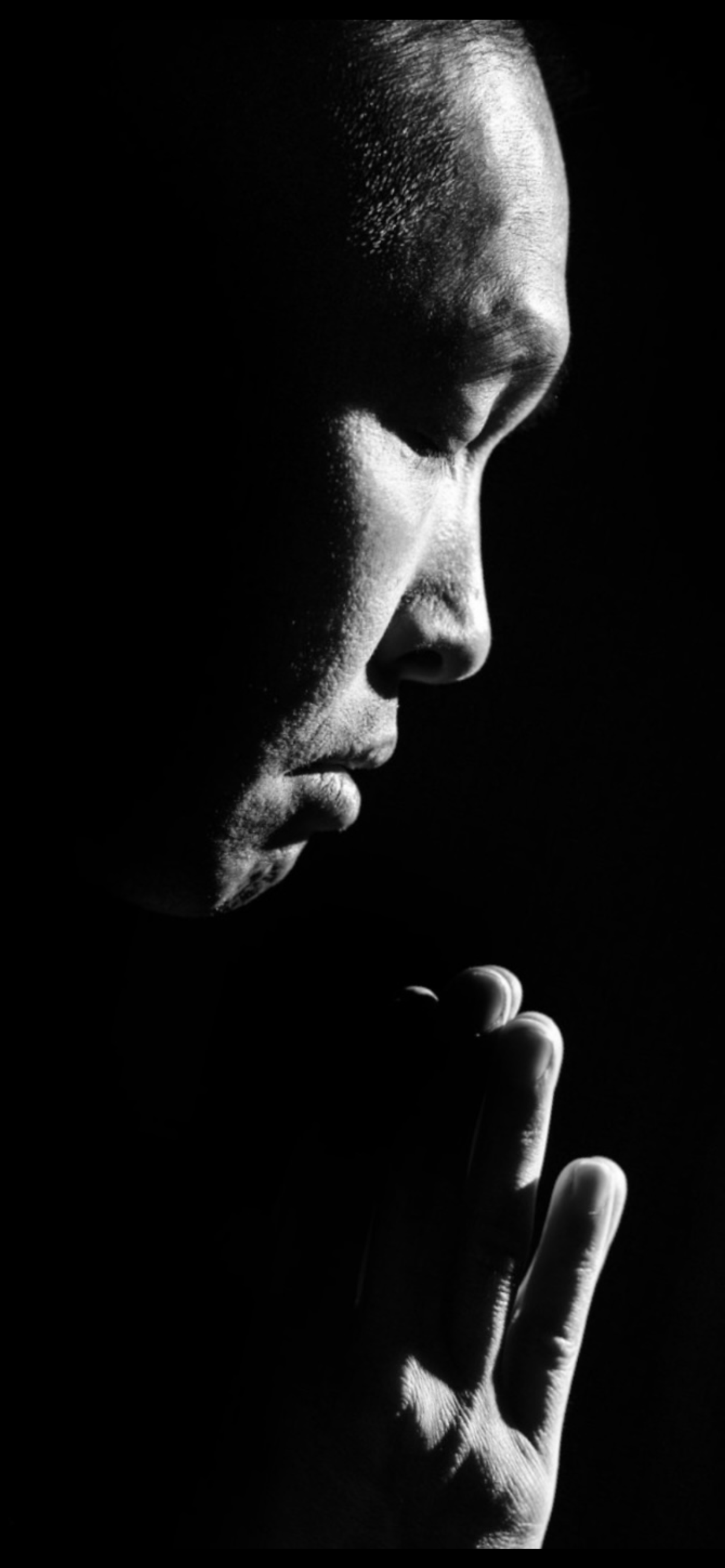The human ego, often seen as our sense of self-importance, can be both a motivator and a barrier to genuine personal and spiritual growth. Leading figures in the realm of self-development, such as Tony Robbins, Les Brown, Dr. Wayne Dyer, Zig Ziglar, Brene Brown, and Deepak Chopra, have all emphasized the significance of understanding the ego and transcending its limitations. Here’s how their teachings align with the journey of surrendering the ego.
Why Surrender the EGO?
As Deepak Chopra often conveys, the ego seeks validation and dominance, acting as a barrier to our spiritual connection. By surrendering the ego, we free ourselves from its confines, allowing for a deeper connection to the universe and our true self.
Surrendering EGO By Self-Talk
Les Brown, with his messages about potential and self-worth, encourages us to have meaningful dialogues with ourselves. Facing the mirror and having raw, unfiltered conversations can lead to an understanding of one’s strengths, fears, and dreams, helping dismantle ego-driven beliefs.
Elevate Your Self-Value
Brene Brown’s teachings on vulnerability and self-worth emphasize the importance of recognizing our intrinsic value. She suggests that by embracing our vulnerabilities, we can see our worth more clearly, moving beyond the ego’s need for external validation.
Elevate Skills
Zig Ziglar, who has always championed the value of self-improvement, believed that enhancing our skills wasn’t just about proficiency but also about character growth. In the journey of skill elevation, we not only improve our capabilities but also nurture humility, thereby keeping the ego in check.
Elevate Care
The essence of care and compassion is highlighted in Dr. Wayne Dyer’s teachings. He believed that by cultivating a genuine concern for others, we foster empathy, humility, and a sense of connection, all of which help in putting the ego aside.
In Conclusion
The journey of personal growth requires us to recognize and surrender our ego. As these renowned figures – Tony Robbins, Les Brown, Dr. Wayne Dyer, Zig Ziglar, Brene Brown, and Deepak Chopra – have illustrated through their teachings and lives, transcending the ego paves the way for a more meaningful, fulfilling, and connected existence. By engaging in self-reflection, valuing our inherent worth, honing our skills, and elevating our capacity for care, we can truly rise above the confines of the ego and achieve authentic personal growth.











